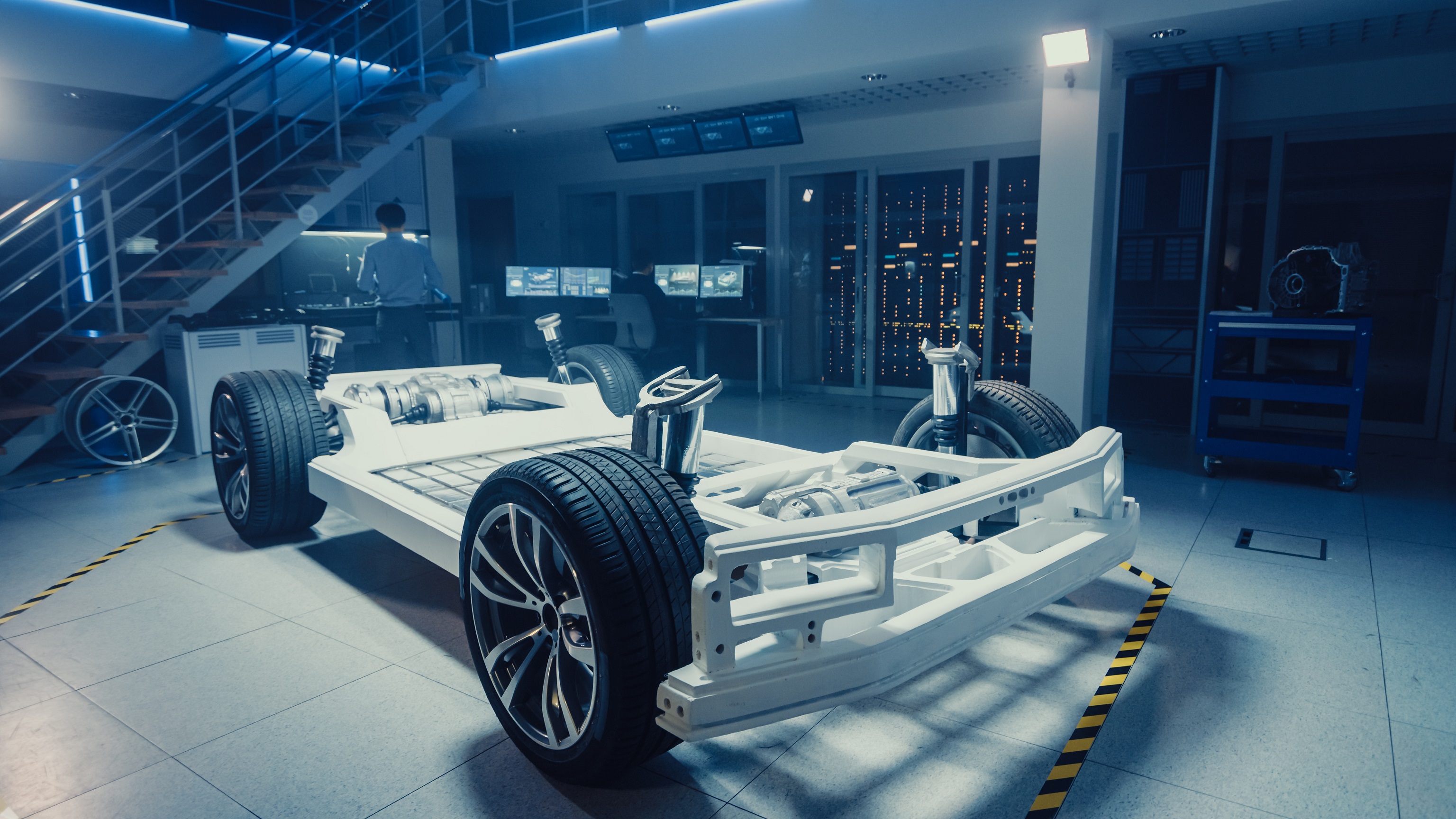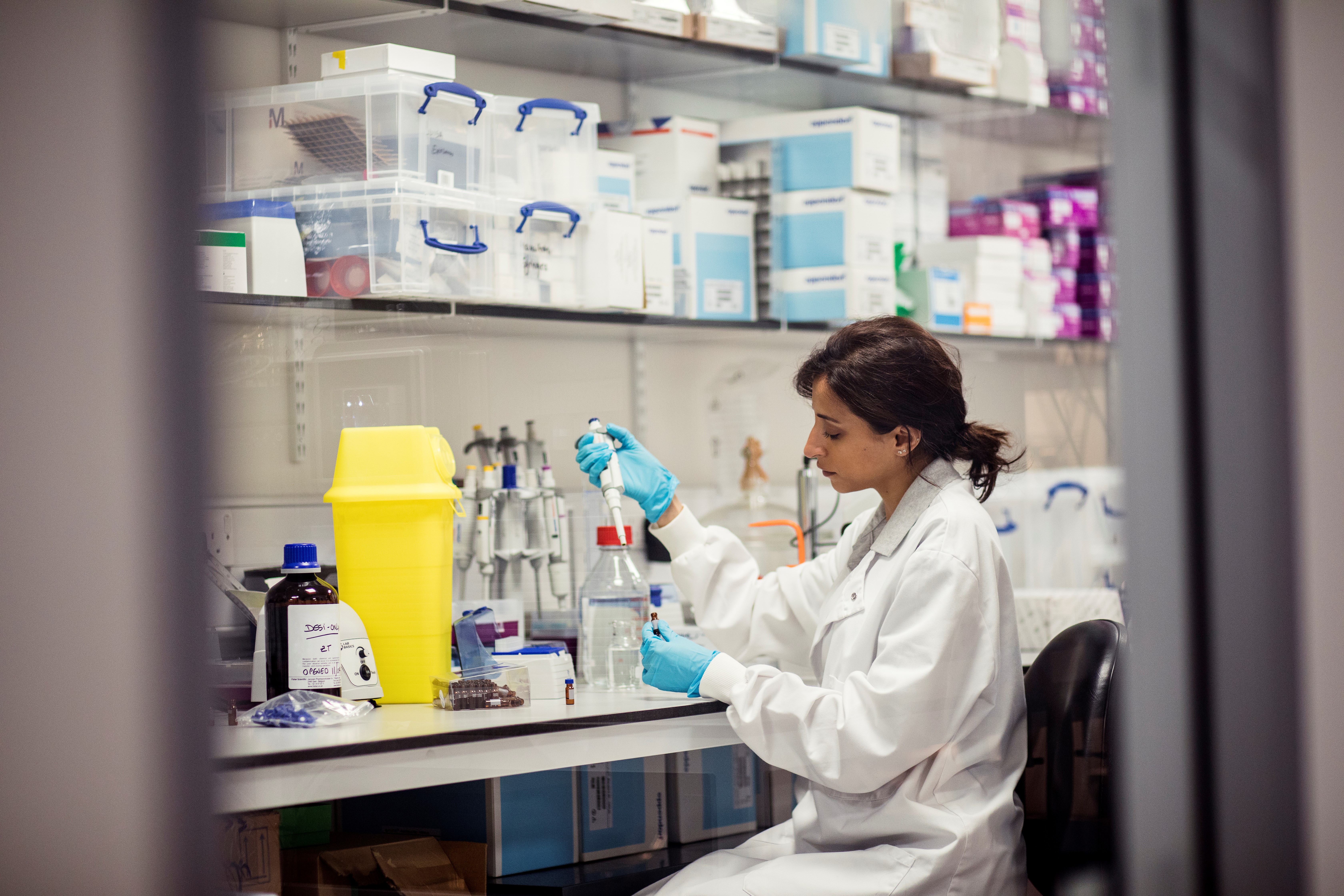Why Quantum computers?
Researchers all over the world are investigating quantum technology. But what makes it so special, and what can we use it for?
Quantum Tech 2.0
Inventions such as the transistor are often called Quantum Technology 1.0. Their behavior is a consequence of quantum mechanical phenomena. Now, it is possible to control the quantum properties individually, and this opens up a new arena of possible technologies, dubbed Quantum Technology 2.0.
Nature isn’t classical...if you want to make a simulation of nature, you’d better make it quantum mechanical.
Richard Feynman
A Classical Algorithm
Humans have thought about computation for millennia. For instance, in 300 BCE Euclid, a famous Greek mathematician, wrote about an algorithm – a set of mathematical steps – that could be used to simplify fractions. For small fractions, we may do this in our heads without second thought. But for bigger fractions, it’s not so easy.
Euclid’s algorithm works by finding the largest number that can evenly divide both the top and bottom of the fraction by using some clever subtraction. For example, if we want to reduce 243/432 (to 9/16) with Euclid’s algorithm, the steps look like this:
For bigger fractions, the subtraction isn’t too hard, but it is a bit tedious. Lucky for us, we can ask a normal classical computer to do this, and the computer can do it quickly even for very large fractions. We can say that there is an efficient classical algorithm for simplifying fractions.
A Quantum Algorithm
Here’s another problem we do on a daily basis - factoring.
Again, as the numbers get bigger, this becomes tricky. We might start by guessing and checking if a number is divided evenly:
This is also tedious. But unlucky for us, a computer can’t do much better. If we ask a computer to factor a big number, maybe one containing 500 digits, it would take over a lifetime. There is no known efficient classical algorithm for factoring.
In 1994, the mathematician Peter Shor discovered an efficient quantum algorithm that could help us out. Why can’t we ask our classical computers to run this algorithm? In short, they would run out of space.
In fact, even if we could use every particle in the galaxy to build the computer, it would still run out of space. Shor’s algorithm is unsuited for a classical computer because it makes use of superposition, and that is a quantum concept. So, for running this algorithm we need to build a new computer that computes with superposition: the quantum computer.
Development
Although people have thought about computers for millennia, it wasn’t until the 1930s that the mathematician Alan Turing proposed the concept of what we consider a modern classical computer. During World War II, Turing and his colleagues at Bletchley Park built the “bombe”, an example of an early computer, which was used to decrypt Nazi communications.
In the 1940s and 1950s, the inventions of the transistor and the integrated circuit – the semiconductor “chip” – set the stage for computers to become smaller and more powerful. A famous rule of thumb, called Moore’s law, stated that computers could approximately double in power every two years due to the rapid speed of technological improvement. However, this improvement of classical computers is coming to an end because we have reached the limits of how small we can make chips, and it is widely believed that we are now at the end of the Moore’s Law era. As a result, researchers worldwide are investigating ways that computers could still be made more powerful, with one of the most promising approaches being quantum computing.
Beyond Shor’s Algorithm
Factoring is both interesting and important, but quantum computers can do a lot more than just that. Quantum computers are also believed to be excellent in modeling and understanding complicated chemical reactions and in testing new pharmaceuticals. The famous physicist Richard Feynman summed it up best:
“Nature isn’t classical, dammit, and if you want to make a simulation of nature, you’d better make it quantum mechanical, and by golly it’s a wonderful problem, because it doesn’t look so easy.”


